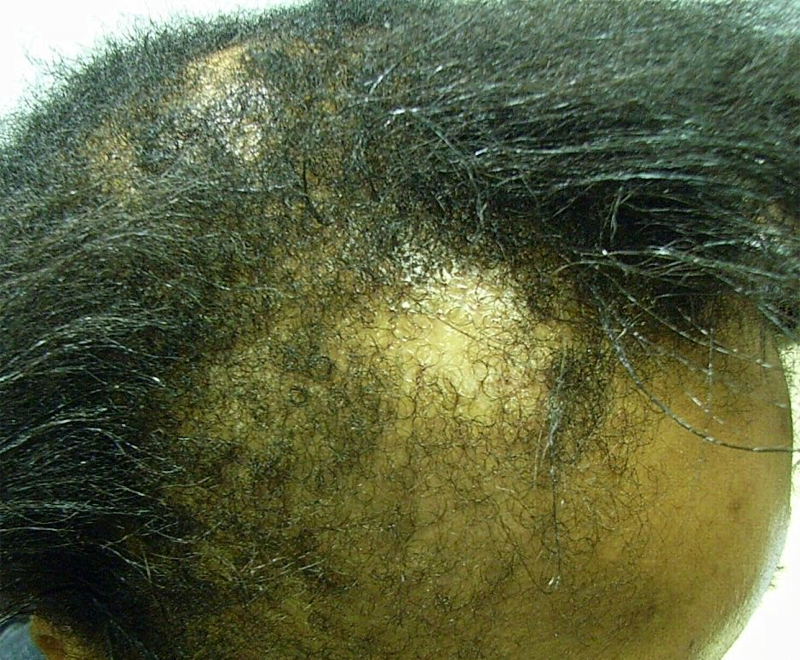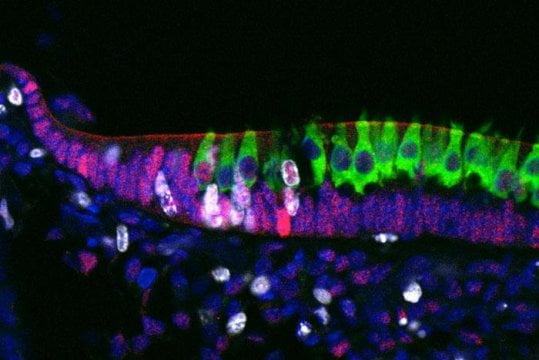
A new year and especially a new decade is a new chance to meet your health and wellness goals. Will 2020 be the year you finally lose weight? Part of this renewed commitment to yourself is choosing a diet that hasn’t only been proven effective through scientific studies, but is also a plan you can stick to.
We can look high and low for “the best diet,” but the answer will always be the same. It’s one we truly commit to. Here are some of the most popular diet plans to consider.
Volumetrics Diet
While many diets are very complicated, the Volumetrics diet is quite simple. Created by Barbara Rolls, Ph.D., who is a professor of nutrition at Penn State University, the strategy is to eat foods that provide the most amount of nutrition for the least amount of calories.
On this diet, food is categorized into four different groups from least energy-dense (examples include broth, non-starchy vegetables and fruits) to most energy-dense (those treats we have trouble resisting like cookies, chocolate, and butter). The goal is for the majority of your diet to consist of lower-density foods.
According to Erin Morse, RD who is the Chief Clinical Dietitian at UCLA Hospital, “The Volumetrics diet is great for people who like large volumes of food. However, it can be restrictive.”
But, if diets generally make you feel as if you’re starving yourself, you may want to consider looking into this plan because it keeps you full and satiated.
Keto
There isn’t a buzzier diet right now than keto. This incredibly effective plan isn’t likely to go away any time soon. The keto or ketogenic diet works because it’s high in fat, which makes it very satiating, but very low in carbohydrates. Reducing carbs allows your body to go into ketosis. During ketosis, the body becomes better at turning fat into energy. It also turns fat into ketones in the liver, which ultimately improves brain function.
However, Morse doesn’t put her stamp of approval on this diet noting, “It’s only great for people who have epilepsy and monitored by a ketogenic registered dietitian. I do not endorse this for the average person to lose weight.”
The big problem with keto Morse explains is that it’s very rigid. “Most people on this diet aren’t truly in ketosis. It’s low in fiber as well as healthy veggies and fruits like sweet potatoes, berries, and oranges.”
Vegan
Do you know a vegan? If you’re not sure, the answer is “no” because when someone is vegan, they’ll tell you about it. Vegans eliminate all animal products including meat, fish, dairy, eggs and honey. This diet continues to be popular for ethical reasons as well as the fact that it is incredibly effective.
While a vegan or as some people call it a “plant-based” diet can be incredibly healthy, it also has the potential to go the opposite way entirely.
While studies show that vegans have a lower than average BMI than those who aren’t it’s easy to go overboard on unhealthy foods because they are still considered vegan.
Morse likes the vegan diet, but notes that it needs to be done right. “Lots of processed foods like Oreos, Swedish fish and orange soda are vegan, but that doesn’t make it healthy.”
So she recommends that vegans stay vigilant about eating whole foods with adequate amounts of calcium, B12, zinc and iron.
Luckily, in 2020, it’s easier than ever to maintain a vegan diet because of the rising popularity of plant-based meats such as Beyond and Incredible. But it’s still important to monitor how much you’re eating. Take time to read nutrition labels because these types of products are often highly processed.
As with many diets, meal prep and planning in advance is the easiest way to stay on track. And if you want to indulge in a sensible portion of vegan ice cream every now and then, that’s perfectly okay too.
Flexitarian
If a vegan diet is next level vegetarian, flexitarian is one step below that. It’s an easier and more realistic approach to eating. This diet can help you lose weight because the goal is to limit calories by eating mostly veggies, whole grains, fruit and plant-based proteins.
A new study showed that flexitarians had a lower BMI as well as lower rates of metabolic syndrome compared to subjects who regularly consumed meat.
So, what’s the flex part? It’s simple. Most of the time, you’re going to be eating vegetarian and vegan meals. But if you have an occasional hankering to add some grilled chicken to your fresh green salad or you’re at dinner and want a bite of a friend’s steak, it’s not going throw off your entire program. Just be sure to practice portion control and limit cheating.
Raw Food
The raw food diet hit a peak several years ago, but it’s making a comeback this decade. Morse says she isn’t a fan, calling the diet too restrictive. The theory behind raw foods is that natural enzymes and other nutrients in foods break down when heated. These enzymes help aid digestion and nutrient absorption. Furthermore, because raw food has a cool temperature, raw food enthusiasts say that this helps the body fight inflammation. However, there are far better ways to tackle these health issues.
While it’s easy to lose weight on a very restrictive diet, in the long term, this isn’t the best plan because it can be too challenging to sustain.
Probiotic-Rich
A probiotic-rich diet is a far better approach than the raw food diet for people with digestive and inflammation issues. Morse says she loves probiotic foods like kimchi, kefir, Kombucha and yogurt, all of which are easy to find at most major supermarkets.
Unlike other diets, it’s far easier to incorporate probiotic-rich foods into your diet than it is to restrict others. It’s a realistic way of eating as opposed to just another fad diet du jour. “What is so challenging about rigid diet plans is that new research comes out every few years and it debunks what was recommended a few years ago,” says Morse. “Look back to the 80s and 90s when fat was considered evil. Now fat is celebrated (avocado, extra-virgin olive oil, nuts, seeds and more). That is why I feel it is best not to become obsessive with the new fad diet of today.”
She recommends a sensible approach. “Find what works for you.”
Intermittent Fasting
When was the last time you fasted? If you’re new to this whole fasting trend then you may be totally confused and thinking why in the world would I purposely fast? Isn’t that something we would want to avoid? Fasting is extremely beneficial for weight loss, focus, energy and the promotion of less insulin resistance in the individual. Fasting actually helps regulate insulin which is the hormone correlated with weight gain and fat storage. Fasting has been widely used among many cultures for spiritual reasons as well.
Intermittent fasting is great for any lifestyle. It’s easy and simple to follow. Start with a 12 hour fast (overnight) and increase it over time to 14, 16 and even 20 hours. Everyone is different so finding a healthy balance is always the best option for you! If you are hungry, make sure you eat. A little trick to new fasters: drink a glass of water right when you wake up in the morning.
Whoever told you breakfast was the most important meal of the day may have been lying. Intermittent Fasting proves to be a beneficial reason to skip breakfast or at least to push it off a few hours.
[“source=forbes”]





















